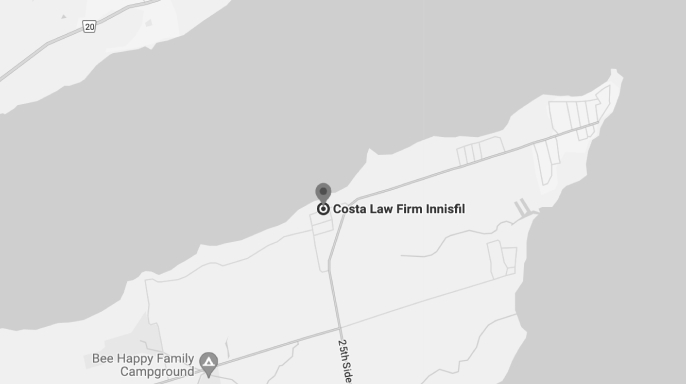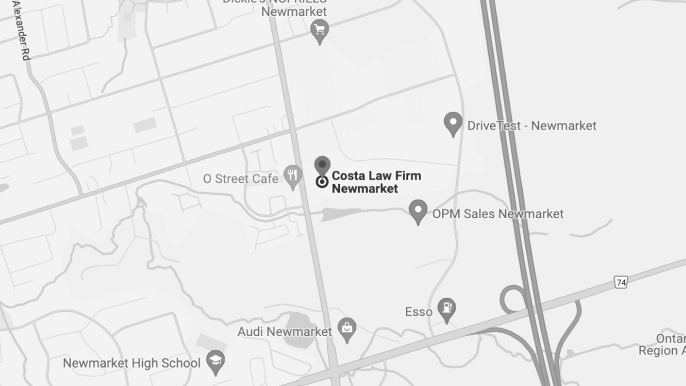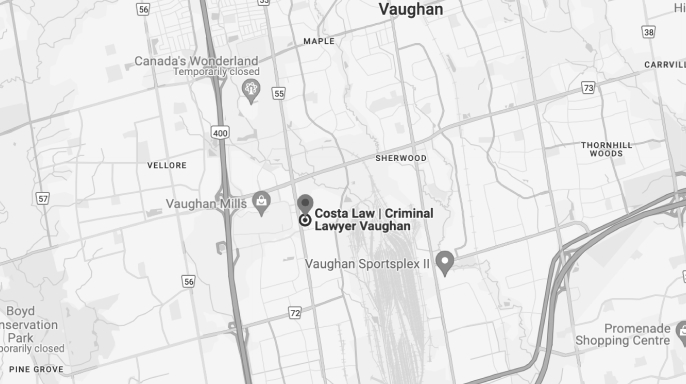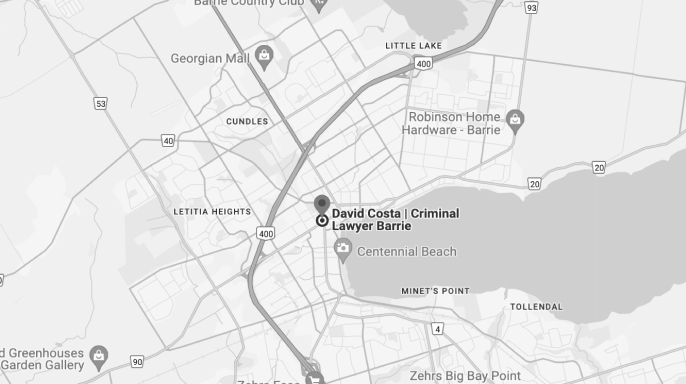What Disqualifies You from Owning a Gun in Canada?
In Canada, you can own a gun but must comply with specific regulations and requirements. For instance, you must pass thorough background checks that will assess your mental health, criminal record, history of domestic violence, and mental health issues. In addition, you may be required to get character references to back your application for PAL (Possession and Acquisition Licence).
Pursuant to Canada’s Firearms Act, you may be ineligible to hold a firearms licence if you have been charged with a crime related to weapons and firearms. Similarly, you cannot hold such a licence if it is safer for you and other people that you do not own a firearm.
Assessing Eligibility for Gun Ownership
Firearms licences are regulated under Canada’s Firearms Act. The prohibited offences are outlined under the Criminal Code (Part III), Firearms Act, Controlled Drugs & Substances Act, and Section 264 of Canada’s Criminal Code (criminal harassment). Here is what disqualifies you from owning a gun in Canada.
- Being convicted of certain offences.
- Individuals with a conviction of the following offences may be ineligible to own a gun.
- Offences related to violence or threat of violence. Crimes such as extortion, assault, and robbery fall under this category.
- Intimate partner violence and other related offences, such as stalking, harassment, and assault by a person’s intimate partner.
- Crimes involving weapons or firearms. These offences include carrying a concealed weapon, possession of a prohibited firearm, or use of a firearm when committing an offence.
- Drug-related offences. These include convictions for trafficking controlled drugs, drug production, drug possession for trafficking, and other drug offences.
- Participation in a criminal organization and other offences related to organized crime.
- Planning or participating in terrorism and other related activities.
- Crimes related to harassment and stalking.
Offences that involve mental health issues could disqualify you from holding a firearm licence. For instance, if you are committed to a mental institute like a psychiatric facility involuntarily, you may be disqualified from owning firearms. The same applies if you are found not criminally responsible because of a mental disorder.
Conditional Sentence Order or Probation Order
Suppose you are currently serving a conditional sentence order or probation. In that case, you cannot own firearms. This includes a probation order issued via the Canadian Firearms Program or by a court. These orders are imposed as alternatives to incarceration and require you to follow certain rules.
Restraining Orders
If you are subject to a peace bond or a restraining order, you cannot legally own a firearm in Canada. Courts usually issue restraining orders to protect individuals who face the threat or risk of harm from another person.
Public Safety
You cannot hold a firearm licence if it is generally safer for you and other people that you do not possess a crossbow, prohibited ammunition, restricted weapon, prohibited device, firearm, or a prohibited weapon.
To determine whether you qualify to hold a firearms licence, a chief firearms officer or a provincial court judge must consider whether you have been discharged or convicted under Section 730 of the Canadian Criminal Code.
A conviction of the following offences can disqualify you from possessing firearms:
- Use of violence, the threat of violence, or attempt to use violence when committing an offence.
- Crime under Part III of the Canadian Criminal Code or Firearms Act.
- Offences related to criminal harassment.
Remember, a conviction for all offences related to the subversion of the Cannabis Act and Controlled Drugs & Substances Act may disqualify you from possessing firearms.
Mental Illness
If you have been treated for a mental illness, whether in a mental institute or psychiatric clinic, it is generally safer not to possess a restricted weapon or firearm. This also applies if you were confined to a clinic, hospital, or mental health institute for reasons related to violence, threat to use violence, or even attempted violence against another individual.
History of Violent Behaviour
A person with a history of behaviour that involves any form of violence, attempted violence or threat of violence against other individuals cannot possess a firearm. It is generally safer for the individual and other people that he or she does not possess prohibited ammunition, crossbow, prohibited weapon, or prohibited device.
Prohibition Order
Suppose you were previously prohibited by a court order from being at a specific place, communicating with an identified individual, or within a specified distance (from a place or person). If the prohibition order was made in the interest of your safety or that of another person, it disqualifies you from possessing firearms.
Remember, any other reason that poses a threat or risk of harm to another person disqualifies you from gun ownership in Canada.
Exceptions
While some people may be legally considered ineligible for firearm possession, there are exceptions. Note that these exceptions are only granted through a specific legal process involving a thorough evaluation of one’s circumstance. These exceptions include:
Restoration of Your Firearm Rights
Under some circumstances, if you were previously prohibited from possessing a firearm, you may get your rights restored. This requires you to apply for a pardon or record suspension. Once granted, your conviction will be set aside, and your prohibition will be lifted.
Remember, only the Parole Board of Canada can decide to suspend your criminal record after considering the nature of your offence and your conduct since conviction. The board will also consider your reasons for seeking the restoration of your rights to possess a firearm.
Authorization to Transport
While you may be prohibited from possessing a firearm, you may still be legally authorized to transport it in some circumstances. This authorization may allow you to transport firearms from one place to another, such as a gunsmith or a shooting range.
Indeed, an exception is only granted to individuals who need to use firearms for specific reasons. These reasons include participation in highly organized shooting competitions or employment as a law enforcement officer.
Conclusion
Many factors may render you ineligible for firearm ownership in Canada. Luckily, it is possible to fight a prohibition order with the help of an experienced lawyer. Therefore, if you were convicted of an offence relating to domestic violence, attempted violence, or threatening conduct against a former intimate partner, consult our skilled lawyer.
Remember, our knowledgeable lawyer can help you understand what disqualifies you from owning a gun in Canada and fight for the restoration of your firearm rights.
CAUTIONARY WARNING: these writings are intended by Costa Law Firm Professional Corporation to serve strictly for promotional purposes and are not to be considered to be legal advice to the reader’s particular situation – ALWAYS actively consult directly and exchange particular information with a licensed lawyer or paralegal as appropriate in the circumstances.
David Costa
Dir.(416)788-6329





